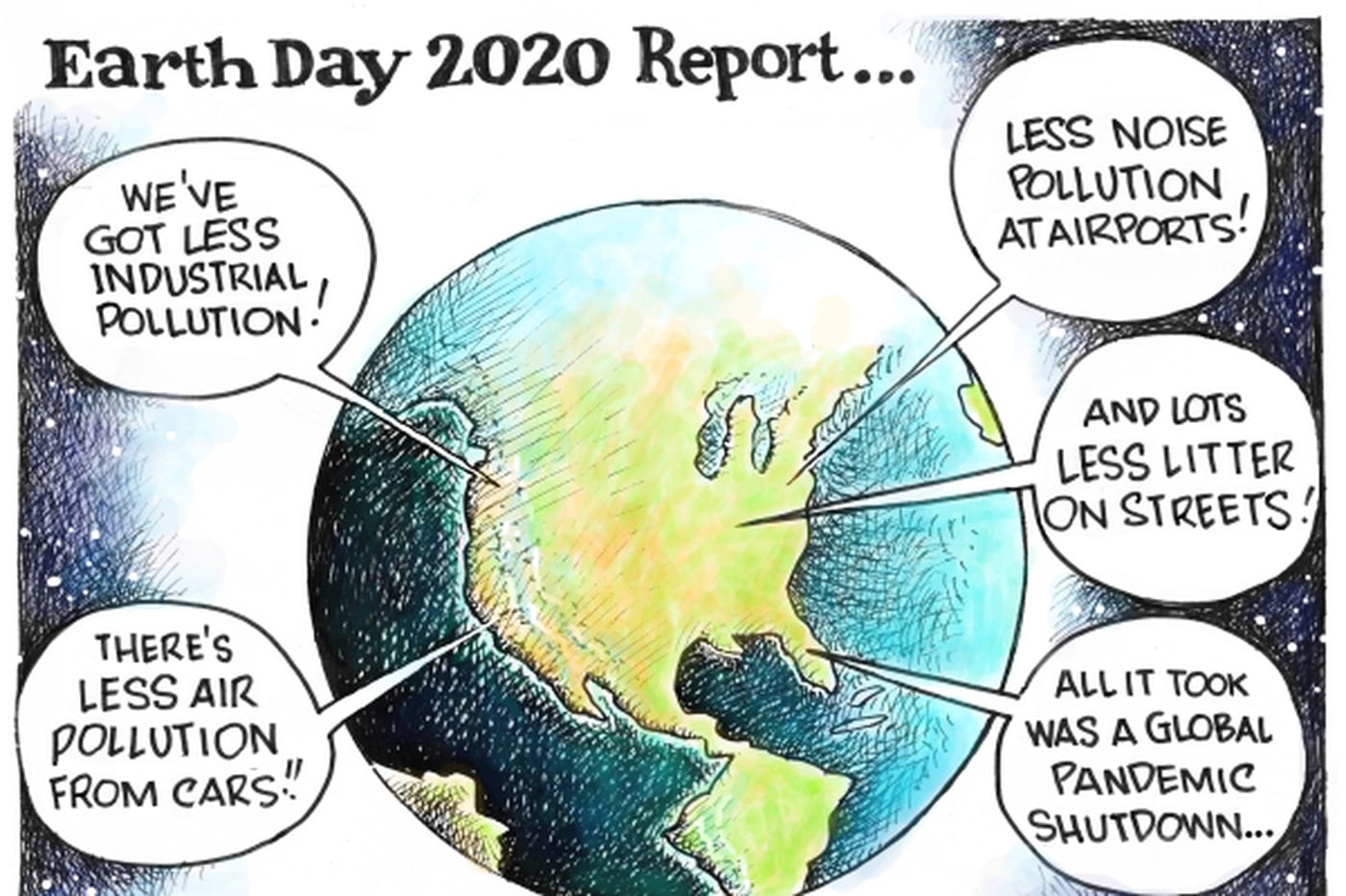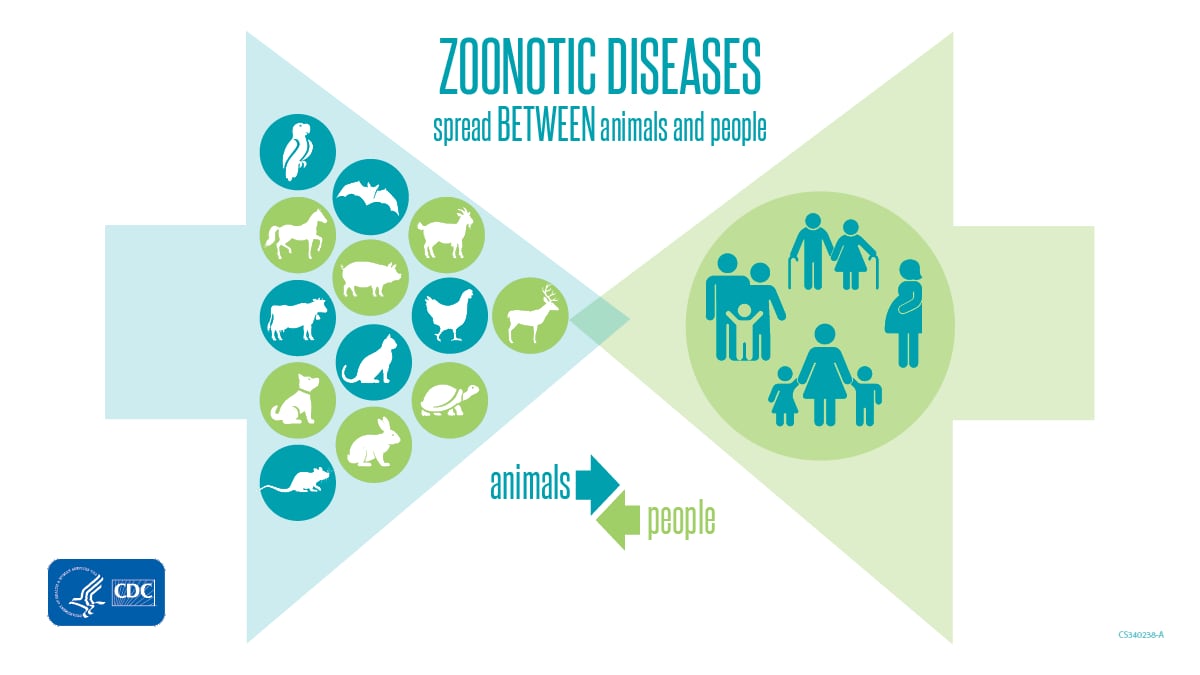We are at such a point in history where we are not sure of our future. The COVID-19 pandemic has undoubtedly created massive chaos in people’s lives, but it also points towards our obsession with profit and development at the cost of the environment. The lockdown, which had restricted transportation and industrial activities, has indeed shown us that this world can be a better place without human beings.
With humans confined to their houses, the environment got a break it deserved. There is a decrease in air pollution, and it is reported that the Himalayas are visible from some parts of north India after decades. We also saw the images of a huge flock of flamingos in the metropolitan Mumbai, and it is attributed to the decrease in air and water pollution, which is because of the increase in the quality of the algae, which is its primary food.

Thus, less human intervention has had a lot of positive impact on the environment.
How Does Environment Degradation Influence The Pandemic?
The state of the environment has a definite impact on the pandemic and other diseases. Many infectious diseases in humans like rabies, the plague, Ebola, etc. originated in animals and then infected humans.
- The loss of habitat increases the chance for the contact between humans and animals and thus comes in contact with various viruses. Deforestation can result in the transmission of viruses.
- Climate change can also perpetuate the spread of different viruses. Climate change can result in biodiversity destruction, and it may change the predator-prey relation and force the animal population to move into human-inhabited regions.

- The wet markets and wildlife trade can be another reason for the spread of epidemics. In wet markets, animals are shifted from their natural habitat to crowded conditions in contact with other wild animals and domesticated animals. Through hunting, butchering, and killing, people come directly in contact with the animal, and thus it opens a new channel for the infection and viruses to transmit.
Thus, environmental degradation and unnecessary human intervention can open huge opportunities for the infection and their transmission.
Some Eco-Friendly Practices Amidst The Pandemic
The pandemic and the resultant lockdown has curtailed our freedom to an extent and has also created a ‘new normal.’ This new life demands us to lead a slower life and follow some sustainable living practices.
- Proper waste management– Many countries do not have adequate waste management facilities, and they do not have the infrastructure to dispose of the waste properly. For instance, in the corona crisis, people use masks and medical gowns and are thrown away. Thus we are creating perfect conditions for the growth of pathogens and are also allowing it to infect the environment. Therefore through proper waste management, we can, to an extent, control its spread.
- During the lockdown, we can promote sustainable eating. We can plant different fruits and vegetables in the balcony itself and thus can have fresh, chemical-free food. Also, gardening can reduce stress.
- Since we are spending more time indoors, we will be using more electricity and water. Try to be more responsible for our resource usage. Also, switching to green electricity and green products can reduce your carbon footprints.
The pandemic and the lockdown have cut short life to the essentials. It has made many of us realize that we can do more with less by reusing things at our disposal. And the pandemic can be seen as the nature’s way of telling us to put people and the planet’s welfare before profit.
About The Author: Radhika R is a student of Christ University Bangalore. She is pursuing her Masters in English with Cultural Studies. She completed her UG in English Literature from Kerala. Her areas of interest are mythology and arts.
